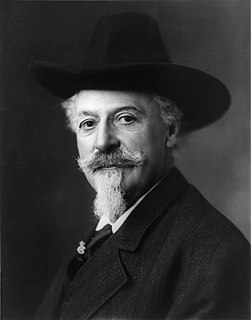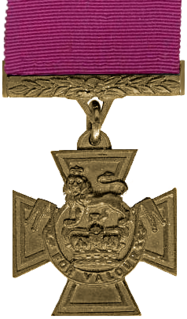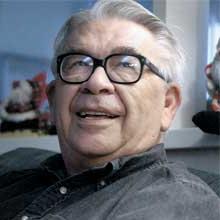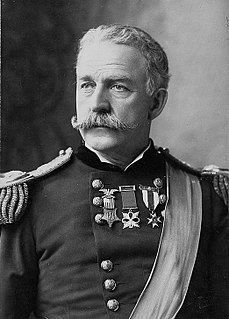A Quote by Buffalo Bill
Indians were frequently off their reservations.
Quote Topics
Related Quotes
One was a horrible case called Oliphant v. Suquamish Indian Tribe which denied tribes the right to criminally prosecute non-Indians who commit crimes on their reservations. That decision has had horrible consequences for law enforcement on Indian reservations. But in that opinion Justice William Rehnquist cites language from the 1830s to explain why whites didn't trust tribes to exercise criminal jurisdiction. They were savages.
From a young age, [James Baldwin] was watching all those different films. He's watching John Wayne killing off the Indians. He came to the point that the Indians were him. You had to educate yourself because the movies were not educating you. The movies were giving you a reflection of you that was not the truth. That's the trick. The movie was also giving a reflection of what the country is. Basically, a country that wanted itself to be innocent. That's the ambivalence of Hollywood.
Before AIM, Indians were dispirited, defeated, and culturally dissolving. People were ashamed to be Indian. You didn't see the young people wearing braids or chokers or ribbon shirts in those days. Hell, I didn't wear 'em. People didn't Sun Dance, they didn't Sweat, they were losing their languages. Then there was that spark at Alcatraz, and we took off. Man, we took a ride across this country. We put Indians and Indian rights smack dab in the middle of the public consciousness for the first time since the so-called Indian wars.
African-Americans were dispossessed of the land by being brought over here in slave ships, whereas Indians were on the land and fought literally wars against Europeans for control of that land. And that history of dispossession, you know, if you look at the treaties, it's very interesting. Everyone thinks that Indians were ripped off in their treaties. If you look at the first round of treaties from about 1800 to the Civil War, tribes secured over 150 million acres. I think it may have been 144 million acres in those treaties. That's a large amount of real estate.
We need to give out portrayal of ourselves. Every non-Indian writer writes about 1860 to 1890 pretty much, and there is no non-Indian writer that can write movies about contemporary Indians. Only Indians can. Indians are usually romanticized. Non-Indians are totally irrepsonsible with the appropriation of Indians, because any time tou have an Indian in a movie, it's political. They're not used as people, they're used as points.































